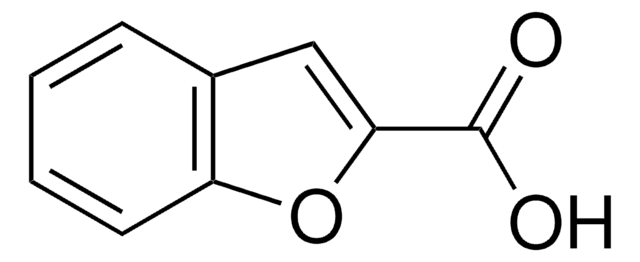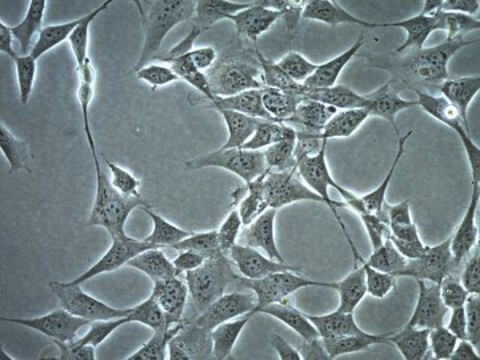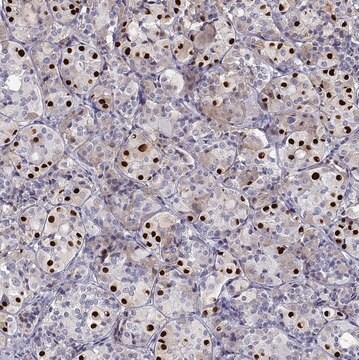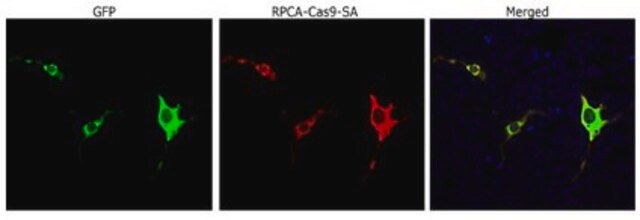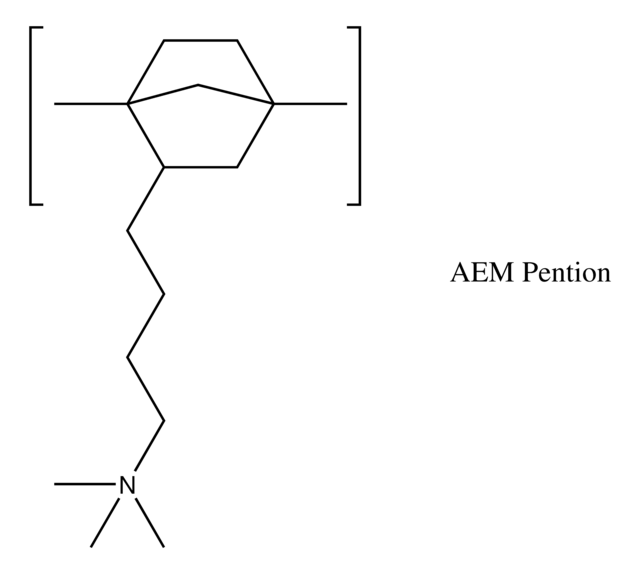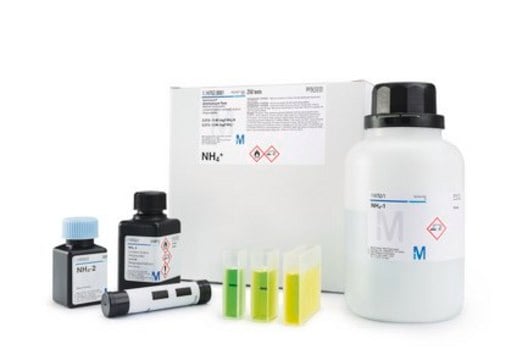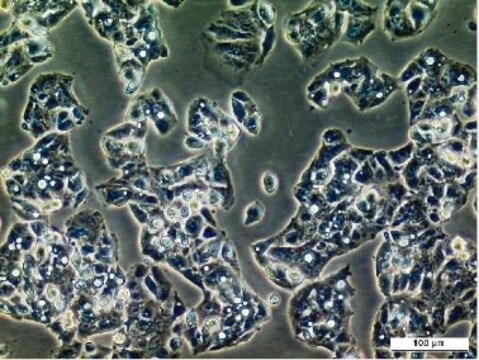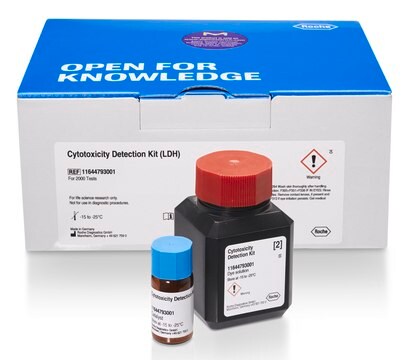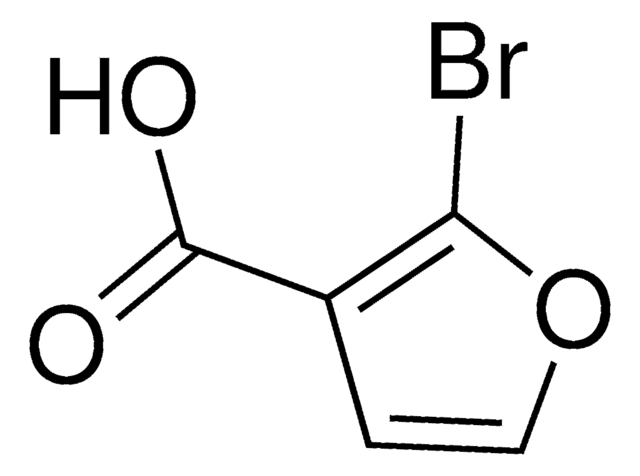AMAB91409
Monoclonal Anti-TBX19 antibody produced in mouse
Prestige Antibodies® Powered by Atlas Antibodies, clone CL6251, purified immunoglobulin, buffered aqueous glycerol solution
Sinônimo(s):
TPIT, dj747L4.1
About This Item
Produtos recomendados
conjugado
unconjugated
Nível de qualidade
forma do anticorpo
purified immunoglobulin
tipo de produto de anticorpo
primary antibodies
clone
CL6251, monoclonal
linha de produto
Prestige Antibodies® Powered by Atlas Antibodies
Formulário
buffered aqueous glycerol solution
reatividade de espécies
human
técnica(s)
immunohistochemistry: 1:1000-1:2500
Isotipo
IgG1
Ensembl | Número de adesão de ser humano
nº de adesão UniProt
Condições de expedição
wet ice
temperatura de armazenamento
−20°C
modificação pós-traducional do alvo
unmodified
Informações sobre genes
human ... TBX19(9095)
Imunogênio
Sequence
EVHASTPGAFLLGNPAVTSPPSVLSTQAPTSAGVEVLGEPSLTSIAVSTWTAVASHPFAGWGGPGAGGHHSPSSLDG
Epitope
Binds to an epitope located within the peptide sequence VLGEPSLTSIAVSTW as determined by overlapping synthetic peptides.
Aplicação
Características e benefícios
Every Prestige Antibody is tested in the following ways:
- IHC tissue array of 44 normal human tissues and 20 of the most common cancer type tissues.
- Protein array of 364 human recombinant protein fragments.
Ligação
forma física
Informações legais
Não está encontrando o produto certo?
Experimente o nosso Ferramenta de seleção de produtos.
Código de classe de armazenamento
10 - Combustible liquids
Classe de risco de água (WGK)
WGK 1
Escolha uma das versões mais recentes:
Certificados de análise (COA)
Não está vendo a versão correta?
Se precisar de uma versão específica, você pode procurar um certificado específico pelo número do lote ou da remessa.
Já possui este produto?
Encontre a documentação dos produtos que você adquiriu recentemente na biblioteca de documentos.
Nossa equipe de cientistas tem experiência em todas as áreas de pesquisa, incluindo Life Sciences, ciência de materiais, síntese química, cromatografia, química analítica e muitas outras.
Entre em contato com a assistência técnica